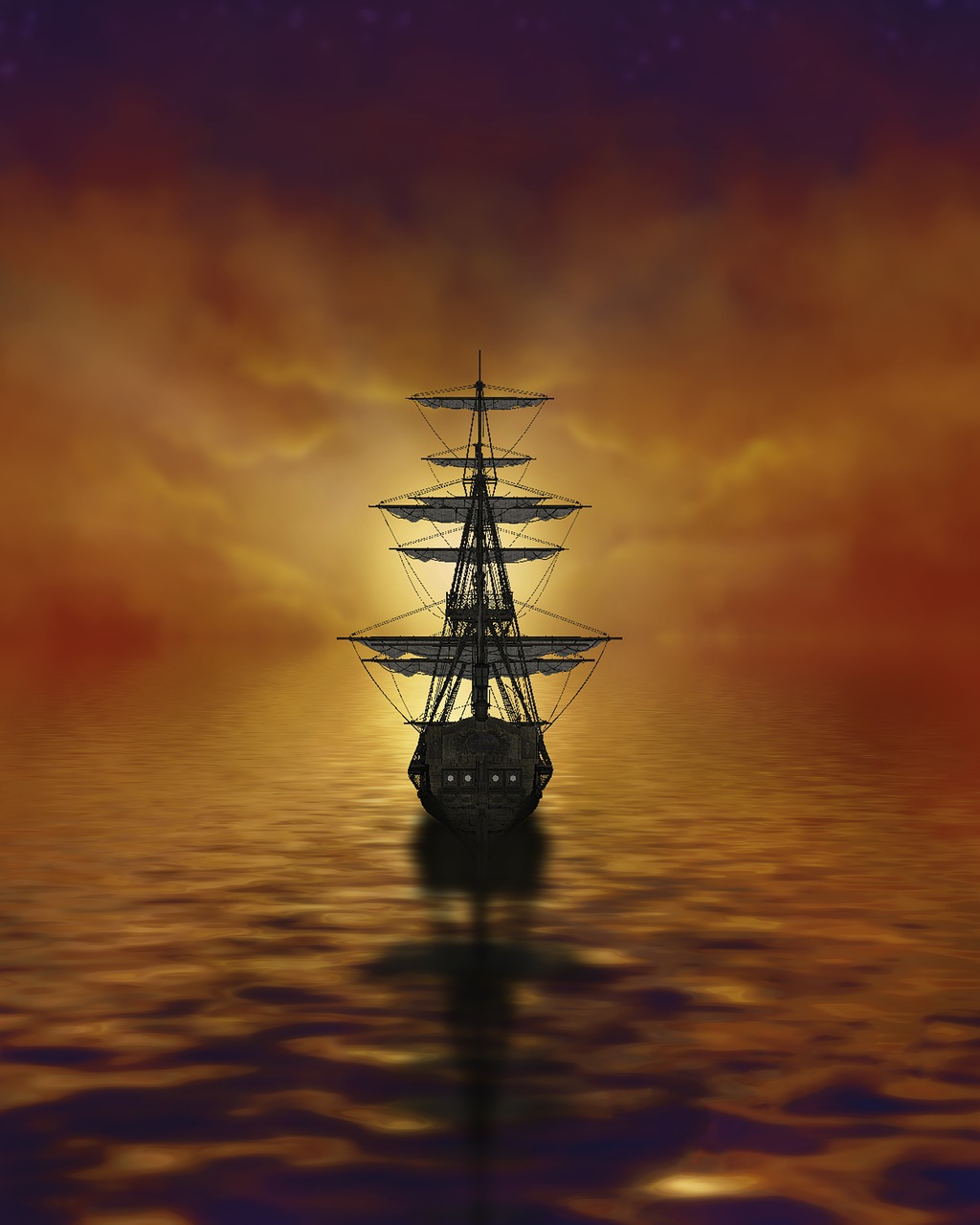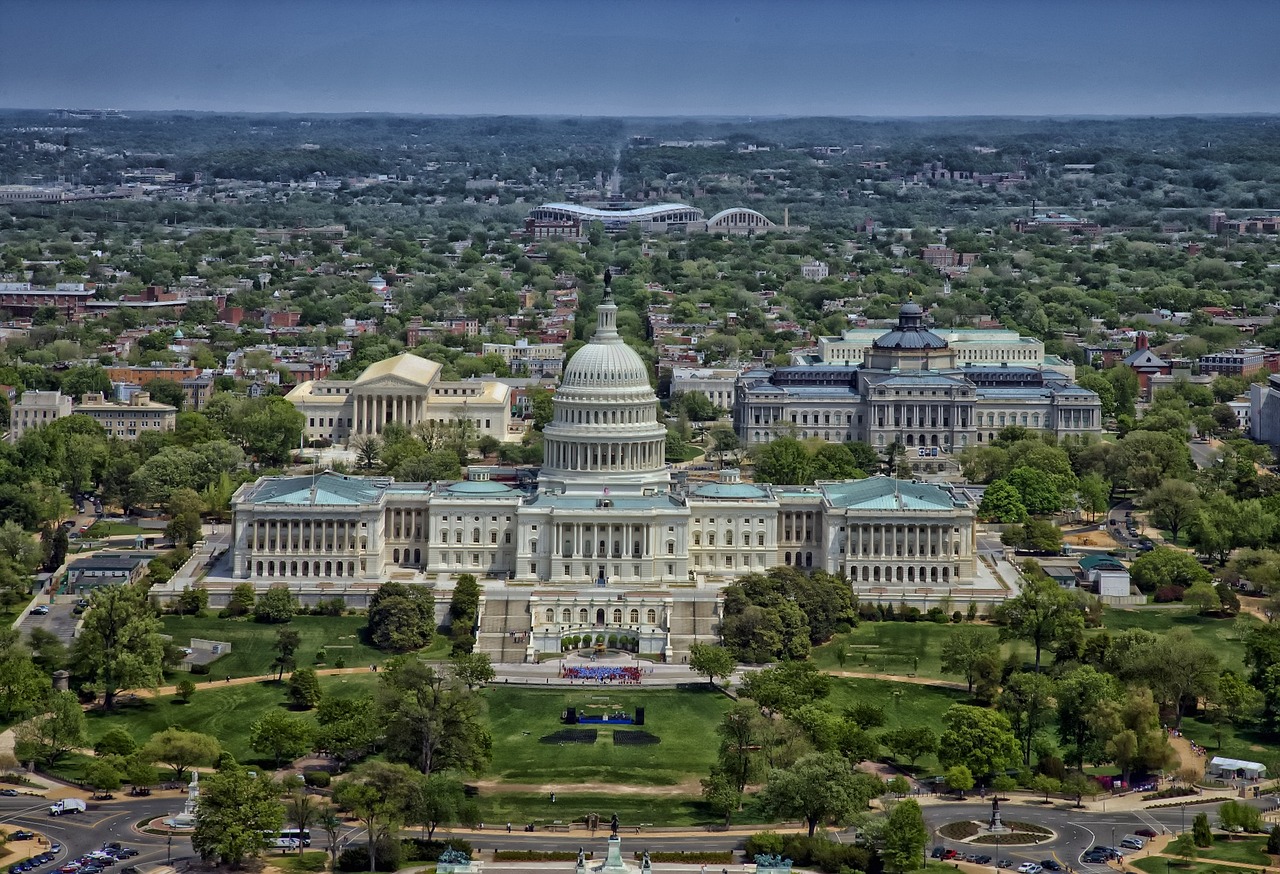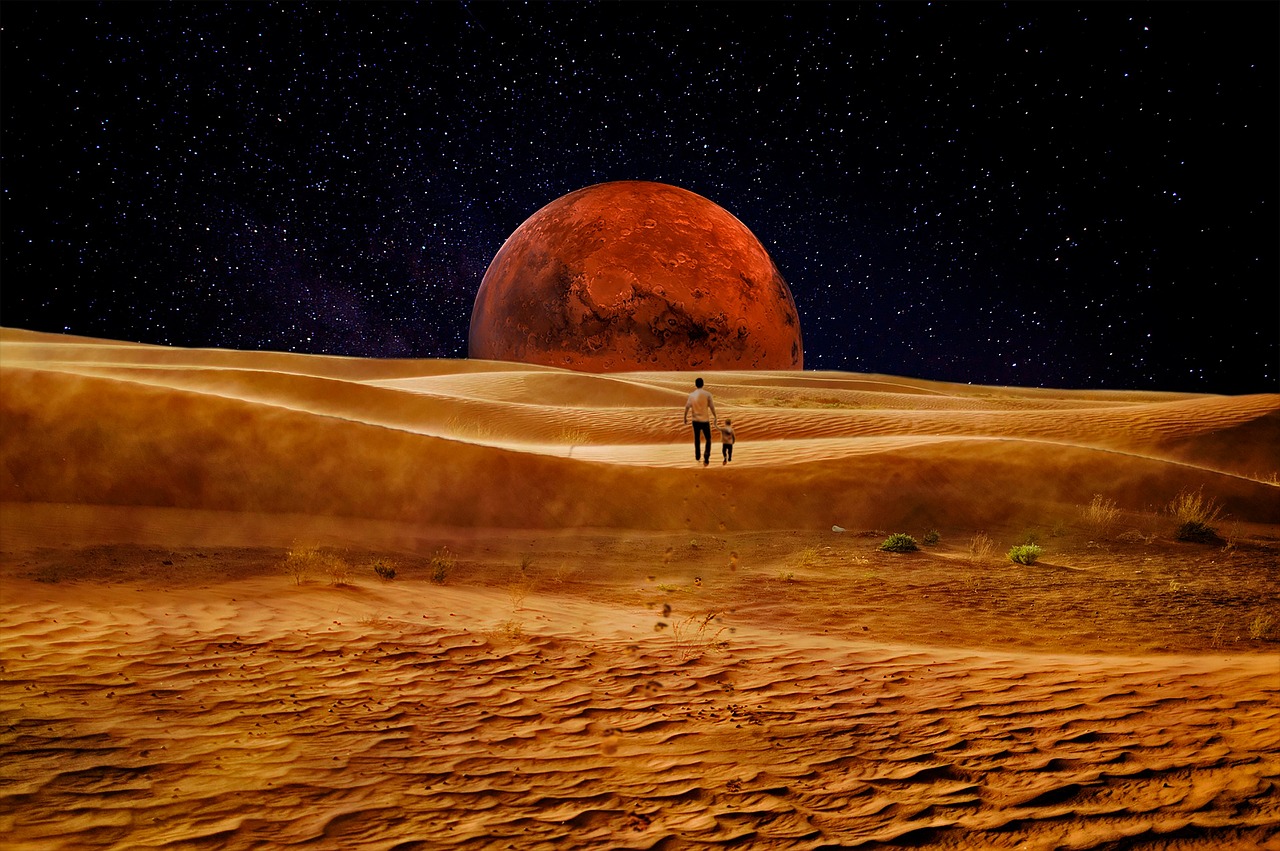Below are the ORIGINAL, CORRECTED versions of the editing challenges. Compare them to to the corrections you made.
Keep in mind, there’s often more than one way to correct the same mistake. Just because your version is not identical to mine does not necessarily mean it is wrong. E-mail me with any doubts or questions – the first three consultations are FREE!
All editing challenges are adapted from https://nationaltoday.com (2023) and https://www.history.com/this-day-in-history (2022).

On This Day: July 1
When the Motion Picture Association of America first established their system of movie ratings for parents in 1968, G (“general audiences”) meant a film was appropriate for all ages, while M stood for “mature” (eventually changing to PG for “parental guidance”). R was “restricted” to persons sixteen or older, and X (now NC-17) was even worse. On July 1, 1984, a new PG-13 rating was added. To illustrate, let us consider a few other significant July firsts. Canada Day, celebrating their 1867 recognition as an “autonomous dominion,” would be rated G. The 1863 Battle of Gettysburg and 1916 Battle of the Somme, on the other hand – the bloodiest engagements in both their respective wars – would receive a big, fat R.

On This Day: July 2
It was actually this day – not July 4 – when Congress voted unanimously to fight for independence from Great Britain in 1776. Similarly, Shawnee Chief Tecumseh also called all Native Americans to unite against their oppressors – the United States – on July 2, 1809. In another blow to the nation, President James Garfield was shot this same day in 1881 by a rejected office seeker and took eighty days to die from blood poisoning. Finally, record-breaking pilot Amelia Earhart disappeared this day as well in 1937 while trying to circumnavigate the globe. She made it all the way to New Guinea, but was reported missing shortly after, and no trace of her, her copilot Frederick Noonan, or their plane was ever found.

On This Day: July 3
One of the most significant clashes of the Middle Ages, took place near Hattin, Palestine, on July 3, 1187, when Muslim Sultan Saladin wiped out the last of the Middle Eastern Christian states. This led directly to the Third Crusade (arguably the most famous) and even more European defeats. The bloodiest battle on U.S. soil also concluded this same day in 1863. Throughout the Civil War’s early years, Southern Confederates clearly seemed to be winning. It all went wrong when General Robert E. Lee tried to invade Pennsylvania, however, and the three-day Battle of Gettysburg proved to be a turning point. While the fifty thousand casualties were split pretty evenly among soldiers on both sides, the South had lost definitively.

On This Day: July 4
Happy Fourth! What are we celebrating? Technically, all this fuss is just about a bunch of Congressmen voting in 1776 to approve the final draft of the Declaration of Independence, which itself only explained the reasons why Americans had a right to separate from Britain. They had actually voted to do the separating three days prior, and it would be years before the Revolutionary War was won. Still, this was the point of no return. Did you know that two writers of that Declaration, future Presidents John Adams and Thomas Jefferson, both died the same day on their way to the fiftieth anniversary of this signing in 1826? The Philippines also celebrate their own independence – from us – on July 4.

On This Day: July 5
Controversial strides were made in science on July 5, 1996, when Dolly the Sheep was born, the first successfully cloned animal. Sadly, she died after just six years, raising many concerns. Natives of the Pacific Marshall Islands also suffered after years of atomic bomb testing by the U.S. military. For what little it’s worth, French designer Louis Réard was so enchanted by the radioactive islands that he named his new, equally controversial two-piece swimsuit after their Bikini Atoll this same day in 1946. You can buy everything from bikinis to sheep (and one day probably atomic bombs) on Amazon.com, which also premiered this day in 1994. Its founder, Jeff Bezos, is now one of the richest men in the world.

On This Day: July 6
Mark Twain, the father (or at least funny uncle) of American literature, was born on July 6, 1862 – not the man (Samuel Clemens was twenty-seven), but the pen name that would make him famous. It was an expression from his years apprenticing as a Mississippi riverboat pilot, used to measure water depth. Clemens was working as a reporter in Nevada, however, where great rivers and their jargon were sparse. He published his first work of fiction three years later, “The Celebrated Jumping Frog of Calaveras County.” In another small, yet profound moment, John Lennon and Paul McCartney met for the first time this day in 1957, paving the way for one of the most successful music groups ever, the Beatles.

On This Day: July 7
Whether you like it sweet, dark, or white, chances are you’ll be happy to celebrate World Chocolate Day, honoring its supposed introduction to Europe on July 7, 1550. That exact date is debated, but there’s a lot of mystery surrounding cacao’s long history. The Olmecs started harvesting these beans more than three thousand years ago and Mayans enjoyed drinking chocolate mixed with chilis or honey with every meal. The Aztecs believed that xocolatl was a gift from the gods and therefore treasured it as more valuable than gold. They actually traded the beans like money. It wasn’t until 1847, though, that British chocolatier J.S. Fry figured out how to turn the drink into chocolate bars that could be eaten instead.

On This Day: July 8
The “Liberty Bell” may be cracked now, but it rang out loud and clear from atop the Second Continental Congress’ meeting hall in Philadelphia on July 8, 1776, to announce the Declaration of Independence to the world (after it had come back from the printer’s). It continued tolling on important national dates, until suffering a major break during the funeral of Chief Justice John Marshall in 1835. Paris celebrated its own two-thousandth anniversary this day in 1951, though they’re probably another two hundred years older than that. Japan, too, was reborn (in a way) this day in 1853 when U.S. Commodore Matthew Perry sailed into Tokyo Bay and forced them to reopen their ports after 265 years of isolation.

On This Day: July 9
Largely forgotten today, Timur the Lame (or Tamerlane), led what started as a small band of Central Asian nomads to forge an empire stretching from Mongolia to the Mediterranean. He defeated the Persians, Indians, and Egyptians, and, on July 9, 1401, wiped out the Silk Road hub of Baghdad, massacring twenty thousand citizens. On his way to conquer China four years later, he suddenly fell ill and died. Sophia von Anhalt-Zerbst also rose from (relatively) humble roots to become the longest-reigning empress of Russia. On this same day in 1762, she overthrew her own husband, Peter III, and assumed power for herself. She would be remembered by history as Catherine the Great, one of the most successful female rulers ever.

On This Day: July 10
On July 10, 1991, Boris Yeltsin was sworn in as the first president of the Russian Federation elected by popular vote, ushering in the end of the Soviet Union and nearly fifty years of Cold War. Everyone won this day in 1962, too, when Swedish engineer Nils Bohlin, working for Volvo, received his patent for the three-point automobile safety belt. Realizing how many lives this could save, he selflessly decided to release his rights, making it possible for all vehicle makers to install his invention in cars across America. Convincing people to use seat belts has been another challenge altogether, but they have been proven to cut the risk of fatalities and serious injuries in car crashes by half.

On This Day: July 11
Things did not start out well for Ma Sanbao, born to a Muslim family in Yunnan, the final Mongol hold in China. He was captured as a boy, castrated, and forced into the military, yet gradually distinguished himself for his intelligence, integrity, and leadership ability. He was granted a new name – Zheng He – and the ultimate honor of commanding China’s Great Armada, the largest and most advanced fleet of its time. On July 11, 1405, he set off with 317 ships laden with treasure to show off the Son of Heaven’s power, spread culture, and bring even more wealth back. The mission was a great success, and Zheng He would make six more voyages, dying in India in 1433.

On This Day: July 12
Duels were illegal by the early 19th century, but that didn’t stop Vice President Aaron Burr and his long-time political rival Alexander Hamilton on July 11, 1804. The gentlemanly tradition was to fire one’s pistol into the air, which Hamilton did, but ruthless Burr, who had once poisoned Manhattan’s water supply for profit, shot to kill. Hamilton died the next day, but was immortalized on our $10 bill for his contributions to the Constitution and federal bank system. On July 12, 1862, President Lincoln began a new tradition of awarding the worthiest soldiers a “Medal of Honor.” Six members of a Union raiding party who penetrated deep into Confederate territory were the first to receive this distinction, the army’s highest.

On This Day: July 13
The largest tank battle ever, near Kursk, Russia, involved around six thousand tanks, five thousand planes, and two million men. The worst of the fighting concluded on July 13, 1943, with a pyrrhic Soviet victory against their German aggressors. Historically, however, this has been a better day for bringing people together. It marked the very first World Cup in 1930, when France defeated Mexico and the U.S. beat Belgium during simultaneous matches in Montevideo, Uruguay. The tournament was organized after announcements of football/soccer being dropped from the 1932 Olympics, and today has become the single most-watched sporting event worldwide. On July 13, 1985, Live Aid, an international rock concert, raised over $125 million in famine relief for Africa, as well.

On This Day: July 14
Not so far from where Hammurabi once posted “an eye for an eye and a tooth for a tooth,” a European coalition seized control of Jerusalem on July 14, 1099, and proceeded to massacre all the Muslims and Jews who had been persecuting their fellow Christians. Thus ended the First Crusade. As Gandhi later noted, however, “An eye for an eye leaves the whole world blind.” The outsiders were never forgiven and Europe would never win another crusade. Similarly, peasants in France were perfectly justified in rising up against their negligent nobility this same day in 1789 by storming the Bastille, a fortress, prison, and powerful symbol. The revolution quickly devolved into chaos, though, and more bloodshed than anyone wanted.

On This Day: July 15
While Napoleon Bonaparte’s invasion of Egypt was falling to pieces, the dedicated team of scholars he had brought along still managed to make some pretty incredible discoveries, most importantly the unearthing of an old, two-foot-long slab of dark stone with strange markings near the city of Rosetta (Rashid) on July 15, 1799. In fact, it contained three different scripts – ancient Egyptian, Demotic, and Greek – all conveying translations of the same message extoling the virtues of Pharaoh Ptolemy V. With this key, Jean-François Champollion was finally able to unlock the secrets of hieroglyphics in 1822. Many other ancient scripts from places like India, Iran, Crete, Guatemala, and even Easter Island remain undecipherable today for lack of such good fortune.

On This Day: July 16
The young United States struggled to settle on a permanent capital, trying Philadelphia, Lancaster, and York in Pennsylvania, Baltimore and Annapolis in Maryland, Princeton and Trenton in New Jersey, and finally New York City. On July 16, 1790, Congress decided to just build one themselves and carefully picked out a humid, mosquito-infested swamp on the Potomac River to fit the bill. Significantly, though, it was centrally located and the District of Columbia would never be part of any one state. Bolivians were so inspired by our example that the city of La Paz became the first in South America to declare itself independent this same day in 1809. This date also marks the first successful atomic bomb test in 1945.

On This Day: July 17
July 17 marks both the 1762 rise of Catherine the Great of Russia and the fall of her descendants when the remaining Romanovs were all executed in 1918. It also commemorates the start of another long, bloody uprising by Francisco Franco in Spain eighteen years later. If that’s too depressing, the “Happiest Place on Earth” opened its gates to the public for the first time on this day in 1955 as well. The original Disneyland, in Anaheim, California, was designed to be educational as well as fun for both children and their parents. Its opening was a disaster, however. Thousands of counterfeit passes meant that food and drink ran out and the Mark Twain Steamboat nearly capsized from too many people.

On This Day: July 18
On July 18, 64 A.D., fire broke out in the slums of Rome and quickly spread. Three days later, most of the city had been destroyed. Emperor Nero is often credited as “fiddling” while his city burned, but violins hadn’t even been invented yet. Plus, he was out of town. The much hated tyrant did, however, turn this disaster to his benefit. He redesigned the city to be more aesthetically pleasing (including erecting the Colosseum), but also blamed, tortured, and executed hundreds of Christians. Adolf Hitler learned a lot from Nero in his crusade against the Jews. His memoir, Mein Kampf, was published for the first time this same day in 1925, and would soon light the whole world afire.

On This Day: July 19
Susan B. Anthony receives most of the credit for women’s right to vote in the United States, but she wasn’t even around for the first suffragist convention on July 19, 1848, in Seneca Falls, New York, organized by her future partner, Elizabeth Cady Stanton, and Lucretia Mott. Half of another little-known dynamic duo, George Washington Carver rose from slavery to prominence as an agricultural scientist, helping revive the South’s economy by promoting alternatives to cotton plantations. His resourceful creativity aligned perfectly with Henry Ford’s mission to formulate new plant-based plastics, paint, and fuel for cars. Carver moved to Michigan this same day in 1942, and together they invented a rubber substitute from goldenrod before Carver’s death a few months later.

On This Day: July 20
At 10:56 p.m. on July 20, 1969, the voice of astronaut Neil Armstrong crackled across more than a billion television sets: “That’s one small step for man, one giant leap for mankind.” Humans had finally reached the moon, and Americans had been the first to do it! Did you know that NASA also landed its first unmanned probe on Mars exactly seven years later? Just a hundred years prior, we were still fighting the Native Americans – and losing. On this same day in 1881, the great Sioux spiritual leader Sitting Bull returned from Canada and surrendered his guns to save his people from starving. Regardless, he was later killed in his own house by soldiers sent to arrest him.

On This Day: July 21
Everyone knows the Great Pyramids of Giza, but can you identify any of the other Seven Wonders of the Ancient World (recommended by Philo of Byzantium in 225 B.C.)? They included the legendary (and possibly mythological) Hanging Gardens of Babylon, a 41-foot tall statue of Zeus at Olympia, the twice-as-colossal Colossus of Rhodes, the 330-foot Lighthouse of Alexandria, and King Mausolus’ mausoleum at Halicarnassus, all tragically lost before the 16th century. Don’t forget the Temple of Artemis at Ephesus, either, which was lit on fire by fame-seeking Herostratus on July 21, 356 B.C., rebuilt, and then torched again six hundred years later. Harry Potter and the Deathly Hallows concluded the monumentally successful book series this day, as well, in 2007.

On This Day: July 22
Amelia Earhart became one of the most famous pilots ever after failing to circumnavigate the globe in 1937; ironically, no one ever mentions the first solo aviator who actually succeeded. Wiley Post broke his first record in 1930 when he and Harold Gatty flew around the whole world in just eight days (the Graf Zeppelin had taken twenty-one). He took a slightly longer route for his solo flight, but managed to arrive back in New York on July 22, 1933, having covered 15,596 miles in just seven days! Post would go on to discover the jet stream and develop early pressure suits before fumbling a simple takeoff in Alaska two years later, killing himself and famous “cowboy philosopher” Will Rogers.

On This Day: July 23
The National Inventors Hall of Fame was founded in 1973 and originally housed in the U.S. Patent and Trademark Office in Washington, D.C. On July 23, 1995, it moved to its new home in Akron, Ohio. More than just a museum and library, the Inventure Place opens its doors to innovators of all kinds who need workshop space to tinker and share ideas. We accomplish much more when we work together instead of competing all the time. The edible ice cream cone was introduced this same day at the 1904 Louisiana Purchase Exposition, yet seven different concession stand vendors fought over who had been the first. What matters in the end is that everyone got to enjoy their dessert.

On This Day: July 24
On July 24, 1534, Jacques Cartier erected a cross on the shores of Gaspe Bay near Quebec, claiming that part of Canada for France. The same day in 1847, Brigham Young and his 148 Mormon followers finally arrived in Utah’s Great Salt Lake Valley, took a long look at the parched desert landscape, and decided this would be the new home of the Church of Jesus Christ of Latter-day Saints. The greatest discovery of all, however, was made this day in 1911, when Hiram Bingham stumbled upon the ancient Incan ruins of Machu Picchu in Peru. The name translate as “Old Peak,” and Bingham had to follow an 11-year-old boy high into the Andes Mountains to find the lost city.

On This Day: July 25
Empires rise and empires fall. On July 24, 306, Constantine (later “the Great”) was proclaimed Emperor of Rome by his troops and managed to restore peace and prosperity for thirty years, even ending the persecution of early Christians and establishing the new capital of Constantinople. On this same day in 1943, Benito Mussolini, dictator of Italy and ally of Hitler, finally fell from power and was arrested. Technological advancement comes with its own share of ups and downs. The first railroad accident in the U.S. occurred this day in 1832, resulting in four deaths, but Louise Joy Brown, the first of many “test tube” babies conceived by in vitro fertilization, was born on July 25, too, in 1978.

On This Day: July 26
One of the oldest government agencies in the U.S. is the postal service, established on July 26, 1775. Did you know that Benjamin Franklin was our first postmaster general? Nowadays, the USPS gets mostly bad press and, self-funded, is at risk of disappearing. Not helping, the expression “go postal” (an Americanism referring to uncontrollable anger) came from the murder of over forty people between 1970 and 1997 by crazy mailmen. That was a big problem for the FBI, founded this same day in 1908 (although the name wasn’t official until the Great Depression). The CIA, which generally handles more foreign affairs, had its beginnings in the 1947 National Security Act, signed into law this day, too, exactly thirty-nine years later.

On This Day: July 27
July 27 has been a good day for science, witnessing both the Canadian discovery of insulin in 1921 and the 1949 maiden test-flight of the world’s first commercial jet in England. It was an even better day in 1953 when the U.S., China, North Korea, and South Korea finally signed the armistice that ended the Korean War. For Maximilien Robespierre, however, things did not go nearly as well. One of the first to accuse French King Louis XVI of treason, he orchestrated the revolution’s ensuing Reign of Terror, in which more than seventeen thousand aristocrats literally lost their heads. In the end, though, the people turned on him. Robespierre was arrested on July 27, 1794, and guillotined the following day.

On This Day: July 28
Did you know a military plane lost in the fog crashed into the Empire State Building on July 28, 1945? Fortunately, only fourteen people died – fortunate when compared to some of this day’s other events. In 1976, an earthquake measuring between 7.8 and 8.2 on the Richter scale surprised the city of Tangshan, China, at four in the morning. More than a quarter of the one-million-inhabitant city died, making this the third deadliest earthquake in history. The worst was reported in Shaanxi Province in 1556, when eight hundred thousand residents lost their lives. If that’s not bad enough, another world-shaking catastrophe took place on July 28, 1914, when Austria-Hungary declared war on Serbia, triggering the start of World War I.

On This Day: July 29
Spain’s “Invincible Armada” fared about as well as the “unsinkable” Titanic on July 29, 1588. Poor weather ruined their surprise attack, and, despite being outnumbered, the English ships were better equipped and more formidably led. Sir Francis Drake became a national hero at the Battle of Gravelines, costing Spain 15,000 men and half of their navy. The Cold War also revolved around who had the best technology. Battles no longer took place on the waves, or even in the air, but in space itself. For this reason, Congress established the National Aeronautics and Space Administration this same day in 1958. Sputnik’s success the year before had shocked everyone, but NASA would ensure the U.S. did not get left behind.

On This Day: July 30
Getting old isn’t all bad. Retirement comes with extra time to do the things you love, like relaxing with a good book. The publication of the first Penguin paperback novels on July 30, 1935, revolutionized the industry by popularizing this format over much more expensive hardcovers. This is also the day, in 1965, when U.S. President Lyndon Johnson signed both Medicare and Medicaid into law, ensuring that every American over sixty-five and low-income citizens of all ages had access to affordable health insurance. Finally, (speaking of presidential proclamations) it was this day, too, exactly nine years earlier, that President Dwight Eisenhower declared “In God We Trust” to be the nation’s official motto, still printed on all our money.

On This Day: July 31
A hurricane off the coast of Florida sank ten Spanish treasure ships on July 31, 1715. One vessel alone held 120 tons of gold and silver, so no expense was spared to salvage as much as possible. Nonetheless, about twenty percent remained at the bottom of the ocean, luring modern-day treasure hunters like Mel Fisher, who, on July 20, 1985, lucked upon a cache worth $450 million! Worth his own weight in gold, the French Marquis de Lafayette was an unsung hero of the American Revolution. On July 31, 1777, he agreed to come to the colonists’ aid at his own expense, not accepting any pay. He helped win many important battles, as well as the support of fellow Frenchmen.